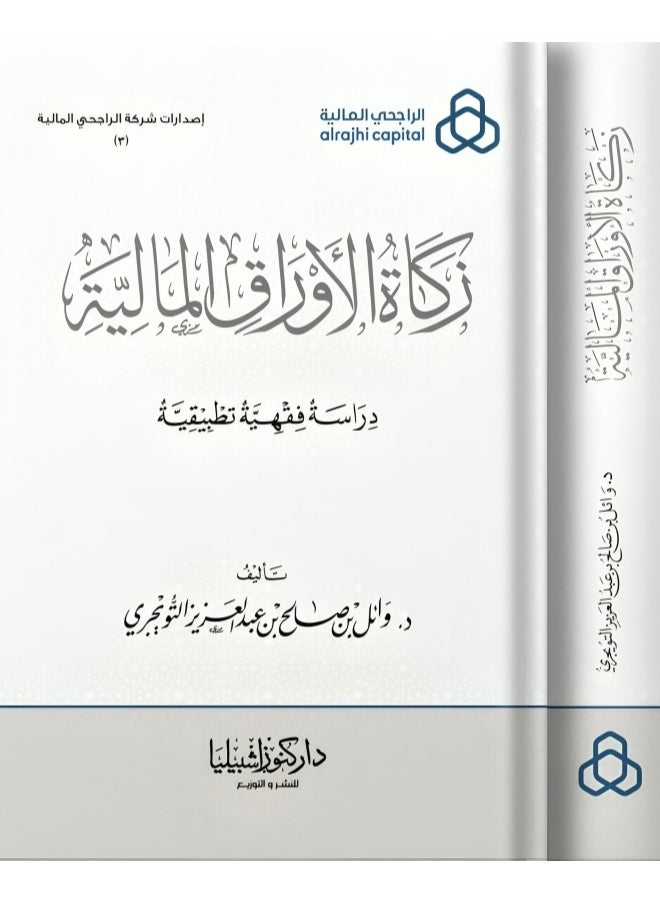English
- استرجاع مجاني وسهل
- أفضل العروض
1
متوفر قريبا
المواصفات
| الناشر | Cambridge University Press |
| رقم الكتاب المعياري الدولي 13 | 9780521313490 |
| اللغة | الإنجليزية |
| العنوان الفرعي للكتاب | A History Of Power From The Beginning To Ad 1760 Volume 1 |
| وصف الكتاب | This is the first part of a three-volume work on the nature of power in human societies. In it, Michael Mann identifies the four principal 'sources' of power as being control over economic, ideological, military, and political resources. He examines the interrelations between these in a narrative history of power from Neolithic times, through ancient Near Eastern civilisations, the classical Mediterranean age, and medieval Europe, up to just before the Industrial Revolution in England. Rejecting the conventional monolithic concept of a 'society', Dr. Mann's model is instead one of a series of overlapping, intersecting power networks. He makes this model operational by focusing on the logistics of power - how the flow of information, manpower, and goods is controlled over social and geographical space-thereby clarifying many of the 'great debates' in sociological theory. The present volume offers explanations of the emergence of the state and social stratification. |
| المراجعة التحريرية | ... an impressively learned, wise and judicious study. It is a major work - perhaps a great work - and will be a landmark, for sure.' William H. McNeill, University of Chicago ' ... a very considerable accomplishment. There is no doubt in my mind that the book is an important contribution to comparative sociology.' Anthony Giddens, King's College, Cambridge "...a unique brand of historical sociology that is refreshingly iconoclastic, remarkably complex, and breathtakingly ambitious....a must-read for comparative and historical sociologists." Philip S. Gorski, Contemporary Sociology |
| تاريخ النشر | 30 Apr 1986 |
| عدد الصفحات | 560 |
The Sources Of Social Power: A History Of Power From The Beginning To Ad 1760 Volume 1 paperback english - 30 Apr 1986
تمت الإضافة لعربة التسوق
مجموع السلة 0.00 ر.س.




























































































































